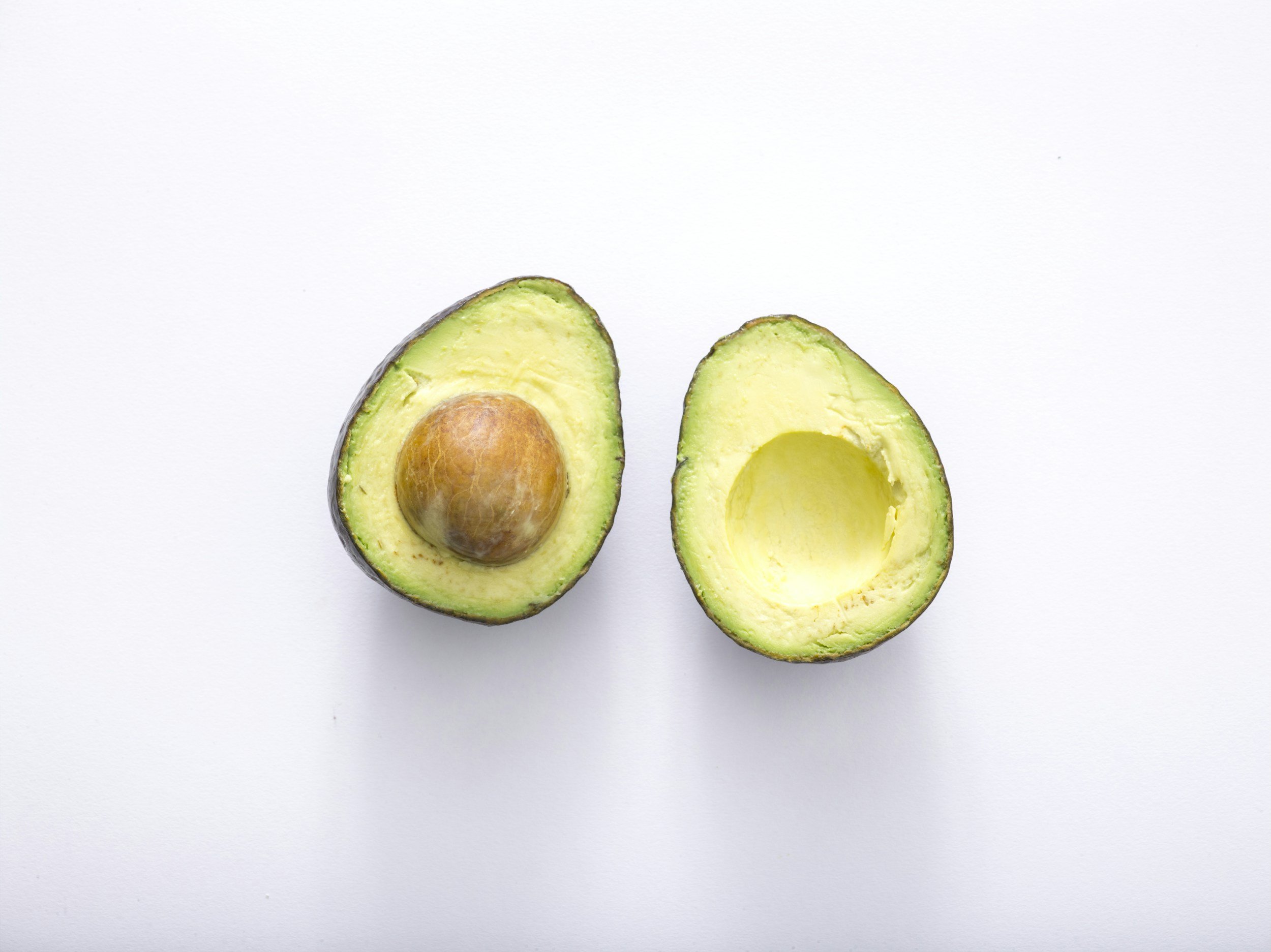
Combi-Feeding
Breastfeeding and bottle feeding in combination - the ultimate Flexible Feeding!
Using breastfeeding and bottle feeding methods in combination , a.k.a combi-feeding, can be implemented from when your baby is born, but most people wait until breastfeeding is established, or until their milk has come in.
If you are feeding your baby your own breastmilk, you can combine direct feeding from the breast alongside offering expressed milk from a bottle. You can also opt to include infant formula or donor breastmilk alongside breastfeeding, known as supplementing.
Combi-Feeding Terminology
Mixed feeding (or mix feeding): Another term for combi-feeding.
Supplementing: Where you replace one or more breastfeeds with formula, or top up. Also sometimes used as a term to describe combi-feeding.
Top up: A top up feed is where you offer your baby some formula after a breastfeed. Topping up is often used as a practical solution to low milk supply, or in the early days after birth before your milk comes in.
Supplementing
There are lots of reasons why you may chose to supplement with formula or donor breast milk, or why you may be asked to do so by a health care professional. Supplemental feeding may be for a short period, before returning to exclusive breastfeeding, it maybe a transitional pathway to exclusive formula feeding, or it maybe a road to long term combination feeding. It is important to note that none of these paths are set in stone and you may need to keep things flexible in order to get you where you want to be.
It is fair to say that some people get a little twitchy about supplementing but, for the vast majority of women, introducing a supplemental feed will work well.
Supplementing can impact breast milk supply
It is important to be aware that adding supplemental feeds can have an effect on your own breast milk supply. This is why, all things being normal, most health care professionals suggest that you don’t start to supplement until breastfeeding is established when your baby is around two weeks of age. However, for some women, introducing a supplemental feed might be what is needed to maintain breastfeeding. Every Mum and baby is different and there is no one size that fits all, so here at Feed we have no blanket rules on supplementing. Instead you should be aware of the principles and how and when to get help if you need it.
The theory in general is this: if you offer a bottle of formula instead of a breastfeed, then your baby will have a longer spell between breastfeeds. We know, that suckling and removal of milk from the breast stimulates milk production. A breast full of milk will switch off the stimulation signal to make more milk, so milk production stops. Once milk is removed from the breast, the switch gets flipped back on, and the breast starts making milk. Rinse and repeat.
If you introduce a supplemental feed, and don’t remove milk from the breast, then your full breast will switch off the milk making button for this longer spell between breastfeeds. If you wish to permanently introduce a supplemental feed, then there is no need to try and stimulate milk production by removing milk at this time, your body will adapt to the dropped breast milk feed. If you are struggling with your milk supply, you need to ensure that you still remove milk from your breast to stimulate milk production.
Topping Up
Offering your baby a ‘top up’ supplement is a common practical solution for dealing with low milk supply. You feed your baby first, then offer a top up if they are still hungry after your breastfeed. However, this is a tricky balance because your baby is then likely to last longer until the next breastfeed. To stimulate your milk supply, it’s a good idea to express in between feeds, but this can lead to a less full breast by the time the baby wants to feed again, thus requiring an additional top up!
Some Mums milk supply is tight, with little leeway. Realistically, if you are in this situation, you are likely to find yourself in the hell of breastfeeding, topping up and expressing around the clock (a.k.a Triple Feeding Hell), which is exhausting and gives little time for anything else. Don’t underestimate the toll this can have on your mental health, so the earlier you can get support, the better.
Combi-Feeding FAQ’s
+ What can I supplement with?
If you baby is under the age of six months your options are limited to donor milk or first infant formula milk. Over the age of six months options are potentially more limited as obtaining donor milk for older babies is difficult.
Donor milk: Most major cities have a milk bank. There are some banks that are run by the health board and others that are run by charities. A milk bank provides human milk, donated by other lactating mothers, to babies with limited or no access to their own mothers milk. As donations rely on an altruistic process, the resource is limited, and it is often saved for those who will benefit the most. Babies born prematurely are at higher risk of like threatening intestinal problem, necrotising enterocolitis (NEC). Breast milk is easier to digest than formula milk and still retains some of the immunoglobulins and so is used for pre-terms as a preventative measure against NEC. Therefore the vast majority of donor milk is used in SCBU and NICU. There are national guidelines for donor milk banks written by NICE and can be found here. Donor mothers are screened. The milk is subject to strict handling procedures before being pasturised and stored appropriately. Deciding to use donor milk is a very personal decision and should be supported where possible.
Formula Milk: Stage one first infant formula milk is the alternative for babies born from 37 weeks gestation onwards. The formula industry is heavily regulated, meaning that the content of all formulas has to follow a strict criteria. Basically they all have nutritional equivalence and do the same thing. First infant formula milks are suitable from birth to 12 months of age when you can switch to cow's milk or alternative.
+ I have been advised to supplement but don't want to
It is your choice whether or not to use supplemental feeding and you have time to consider your options. However, it is very important to listen to healthcare professionals and their reasons for wanting you to supplement, as there are some very specific and life threatening conditions that require supplemental feeding. Below is a list of the common reasons to be asked to supplement and what to do to limit supplementing if you wish:
Very low birth weight or preterm: Babies born with very low birth weight (less than 1500g) and babies born prematurely (before 37 weeks), are usually looked after in a special care baby unit. They are often tube fed, kept in an incubator, and monitored closely. Detaching them from tubes and monitors to breastfeed is not always appropriate whilst the baby gains weight. Once the baby is big and strong enough then they can be breastfed. In the mean time, you can express your own breast milk. Often mums who have babies in SCBU have gone through a lot of stress and trauma themselves, which can impact their supply. Not being able to hold your baby can also impact supply. Due to this, often supplemental feeding is also required. This is often with donor breast milk from a milk bank, but could also be formula. Speaking to other mums who have gone through this may be helpful. We have a guest blog post on this.
Newborn hypoglycemia: This is the most common metabolic problem of the new born, where the blood sugar levels are abnormally low. There are lots of different causes including, prematurity, infection and maternal diabetes. Infants with low blood sugar need more milk, so may require an additional source.
Certain Maternal Medications: Not all medications a mother takes are excreted into the breast milk and of those that can be found in breast milk, not all are harmful to the baby if consumed. The standard formulary for adults and children (the BNF) offers some guidance but it can be vague. However, there are other resources that can help like the UK drugs in Lactation Advisory Service and Breastfeeding & Medication. There maybe a requirement to not use your breast milk whilst taking some medications due to risk to your baby. If this is for a short time, then you can ‘pump and dump’ (expressing your milk and disposing of it). This will maintain your supply. But you will need to supplement during this time.
Maternal substance misuse: Here there is a direct risk through passing the illicit substance through the milk and an indirect risk of the primary carer being unable to attend to the babies needs. Both will require supplemental feeding. If the mother is on a methadone programme and is not using street bought drugs, then there is no risk of methadone in the breast milk and supplementation may not be required.
Herpes simplex of breast: There is a risk of passing the infection through direct contact. Whilst the mum receives treatment, she can ‘pump and dump’ and supplement until a time when she can re-establish feeding if she wishes.
Cytotoxic chemotherapy: There is no way around this, mums who are having chemotherapy cannot breastfeed. The drugs used in chemotherapy regimes are very harmful to the developing baby. There maybe ways of harvesting your colostrum prior to the birth of your baby, and prior to starting chemotherapy.
Maternal HIV: In the UK it is advised that women with HIV should not breastfeed. There are some circumstances where breastfeeding maybe possible. However combination feeding, giving both breast and bottle increasing the risk of transmission of the HIV virus and should be always avoided.
Rarer conditions that maybe diagnosed preterm, or more likely on the heel prick test after delivery.
Classic galactosemia: a rare inherited condition that results in your baby not being able to process galactose (a protein found in milk). Breastfeeding is not an option for these babies, and specialist formulas with no galactose are required.
Maple syrup urine disease: a rare inborn error of metabolism, resulting in the baby not being able to process certain amino acids. It requires treatment with a low protein diet.
Phenylketonuria: An inborn error of metabolism, resulting in a build up of harmful amino acids. Previously breastfeeding a baby with PKU was an absolute no no. Now some breastfeeding is possible, alongside their specialist formula. This requires very close monitoring by specialist physicians and dieticians.
You have options, and introducing formula doesn’t absolutely mean you can not get back to exclusively breastfeeding if that is what you wish, it may just be a stepping stone. Having a feeding advocate such as a lactation consultant maybe really helpful when navigating some of these situations. They will also be able to advise on dropping supplements if / when you are ready.
+ I would like to supplement but have been advised not to
It is your choice whether or not to use supplemental feeding. Explore your own reasons for supplementing and ask others to explain why they don’t want you to introduce a supplemental feed. Sometimes it is difficult to voice your opinions and be listened to. You can always ask a loved one to help support your conversation with the healthcare professional.
+ What is nipple confusion?
This is a term applied when a baby starts to prefer bottle feeding over breastfeeding. The pretext being that a baby gets confused between a teat and a tit, which just isn’t a thing. What is a real thing, is that a baby may start to prefer the flow of a bottle over a breast. There are ways to combat this preference in key the principles section.
+ Will supplementing affect my milk supply?
There is a strong argument to suggest introducing a supplemental feed may reduce your milk supply. This is because milk supply is increased by regular suckling and removal of milk from the breast, and decreased by full breasts. You can read more about breast feeding physiology here. By introducing a supplemental feed, it is more likely that your baby will be fuller for longer, thus decreasing the number of times you breast feed. There are ways to tackle this, see key principles.
+ What is bottle preference?
Once again this is a poorly named but genuine issue. By bottle preference what they mean is flow preference. For most mums, let down and flow is slower than even the smallest of bottle teats. That means that a baby has to wait, and work harder and for longer to breastfeed. This may result in them fussing at the breast if they get used to faster flow of the bottle. However, if you use responsive bottle feeding, you can combat this, see key principles.
+ My baby has jaundice, is combination feeding still ok?
Jaundice is a medical term used to refer to the yellowing of your babies skin caused by high levels of bilirubin in the blood. Whilst there are different types of jaundice and different causes for elevated bilirubin, we are referring to the type seen in the first 1-2 weeks of life. This is a common and predominantly benign (not harmful) condition. It is due to your baby’s blood being more concentrated with bilirubin due to increased production and reduced excretion. The treatment in the foremost is to continue feeding to hydrate your baby, this can be with breastmilk or formula milk, or both.
+ Will combination feeding affect my babies immunity?
Colostrum is the first milk, it is thick and yellow. Colostrum is the most important fluid for you baby’s immunity, this is concentrated full of white cells and antibodies which help boost your babies immunity once delivered. This milk can be harvested prior to delivery. Breast milk also has antibodies. There is some evidence that infants who are breastfed in the first year of life, are less likely to have diarrhoeal illnesses or ear infections. However, it is not clear if they have to be exclusively breastfed, or if combination feeding yields the same results.
News & Blogs on Combi-Feeding

Contact us
If you have any questions about tube feeding, want to share your tube feeding experience or tell us about what a day in your life tube feeding your wee one is like, then get in touch!




